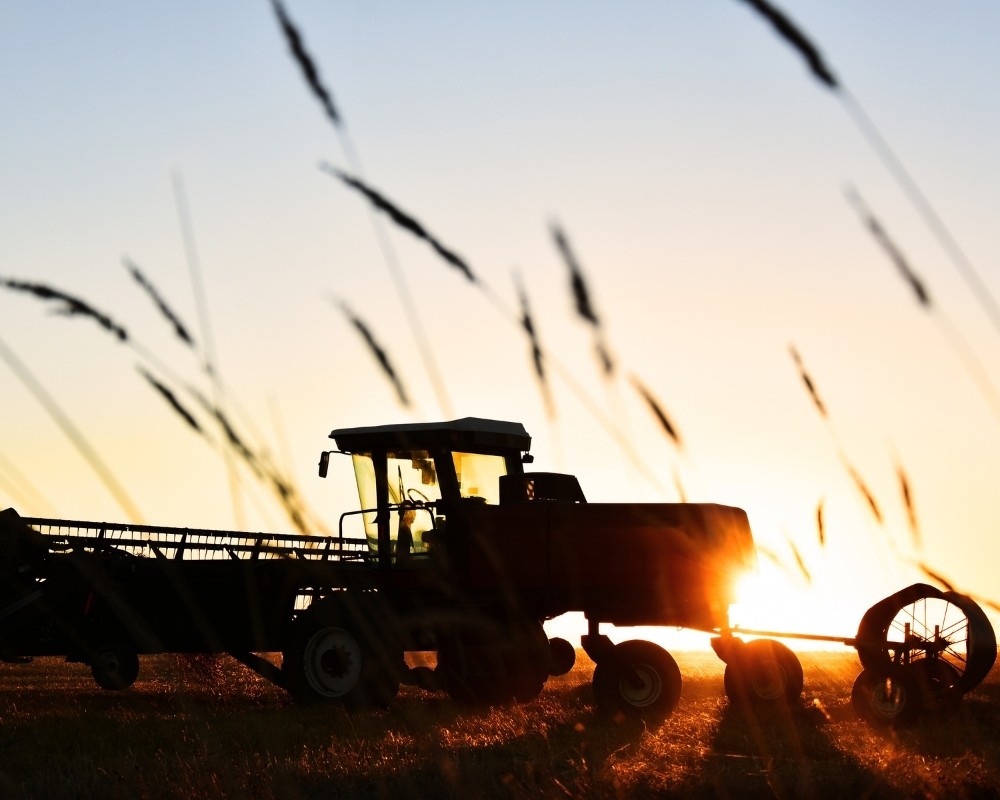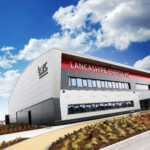An Irish scheme to create the world’s first climate-neutral dairy farm has just won a €2 million science innovation prize, and the prize-winners intend to use the same template to help 5,000 more dairy farms reach net zero in the next five years. Here in the UK, the National Farmers’ Union (NFU) already has a goal in place for British farming to achieve net zero emissions by 2040, while supermarket giant Morrisons announced this spring that it is aiming for a net zero farming supply chain by 2030. But what does this new focus on cutting emissions mean for farmers?

Why UK farmers need to act on climate change
Morrisons is British farming’s biggest supermarket customer, so its decision to cut emissions from its value chain will already be having an impact on UK agriculture. And it is highly likely that other businesses in the food industry will follow suit. Increasing numbers of UK businesses are creating a roadmap to net zero, and this means taking a hard look at the emissions generated by the businesses they work with: so-called Scope 3 emissions. Businesses who do nothing about their emissions could lose big customers when it comes to contract renewal time.
The sector could also be facing pressure from the government soon. The UK’s legally binding target of net zero emissions by 2050 is ambitious, and the latest progress report suggests that, on the basis of current progress, we are highly unlikely to achieve it. To get back on track, the UK will need to work on reducing emissions in all sectors. Farming produces roughly 10% of our greenhouse gas emissions, which is below the global average but high when you consider that the UK imports around 80% of the food it consumes. Rather than waiting for the government to force through changes that could harm the competitiveness of the sector, it makes sense for individual farming businesses to tackle their emissions now, on their own terms.
What you can do
The NFU has produced a useful guide, Doing Our Bit For Net Zero, which sets out three “pillars” of a net zero strategy for farmers: productivity, carbon storage and renewable energy.
Productivity means achieving more output for each kg of greenhouse gases generated, so that you can reduce emissions without compromising on results or the profitability of your business. Some of the many examples in the NFU report include:
- Working with Michelin to find the optimal tyre pressure for each machine and the conditions it operates in;
- Experimenting with different cereal varieties to find the highest yields;
- Moving from ploughing to no-till where possible;
- Replacing soya feed for cows with rapeseed meal to reduce food miles.
Carbon storage means thinking about land use. How can you repurpose some of your land to actually absorb carbon dioxide so that your net emissions are lower? Many farmers do this through a programme of tree planting, and the NFU estimates that each mature tree absorbs up to half a tonne of carbon dioxide per year. But preserving existing carbon sinks is just as important as creating new ones. Does your land include wetlands or peatlands? Careful management of these resources is important for your farm’s net emissions. Have you considered our carbon reduction partners?
Renewable energy represents not just a way to reduce your net emissions, but also a potential income stream. Although many businesses choose solar because it is a straightforward option, it is worth looking at the other choices in the light of the type of farming you do and the resources you have. Understand renewable energy with our CPPA guide or get in touch with our renewable energy team.
If your business produces a lot of waste material such as sewage and decaying organic matter, it is definitely worth looking into getting an anaerobic digester to create biomethane (“green gas”). If you have a lot of land, a ground source heat pump could drastically cut your heating bills as well as reducing emissions. And if you are in a relatively isolated area with high average wind speeds, wind power could be the best option. It is well worth exploring all the possibilities to find the best return on your investment.
As the need to cut emissions becomes more urgent, many hard-working UK farmers are getting ahead of the curve. Any action taken now will reap rewards in the near future.








